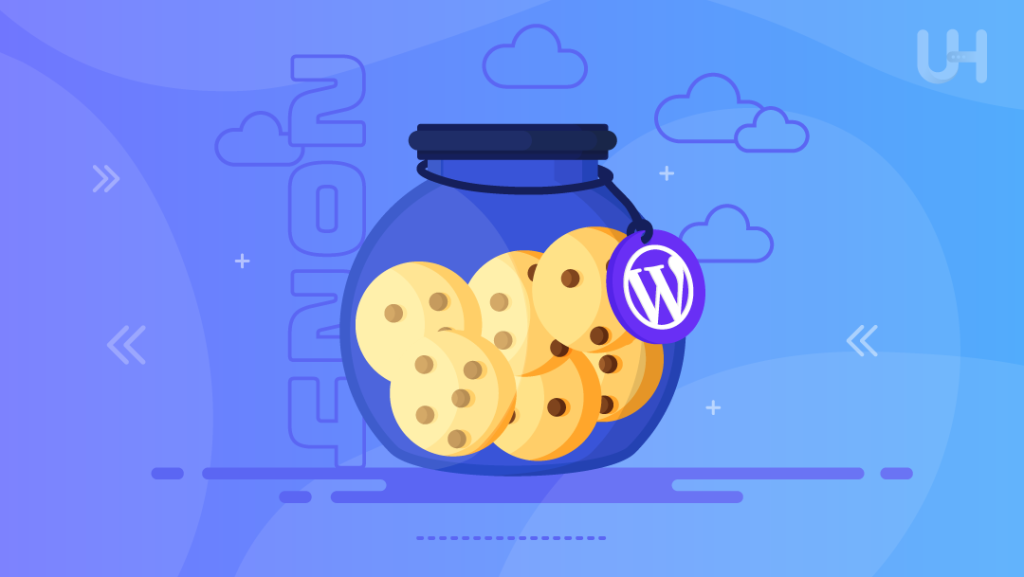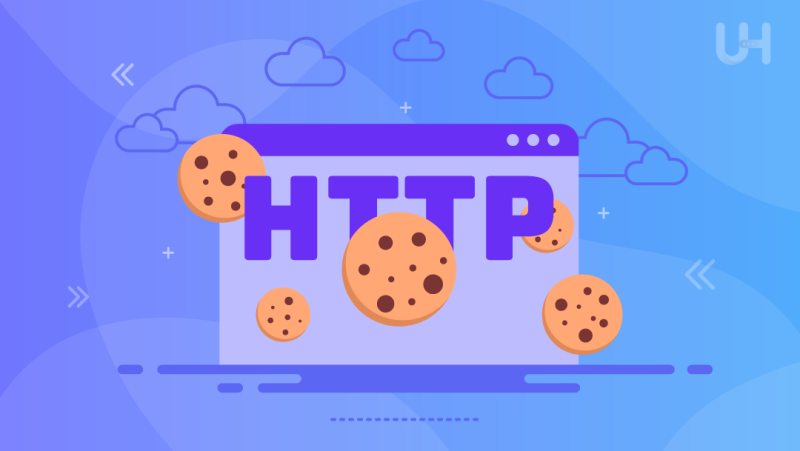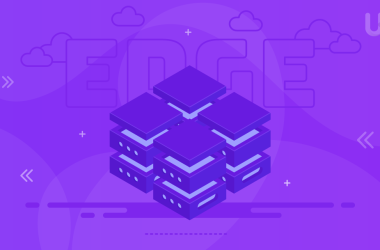Web browsing is an inevitable component of modern everyday life, so comprehensive knowledge about how websites work cannot be underestimated. One mechanism in this regard is HTTP cookies, which significantly influence people’s internet operations. This is a beginner’s guide that explicitly explains the concept of HTTP cookies, their types, how they work, and their implications.
From a technical point of view, cookies, also called web cookies or HTTP cookies, are blocks of data saved on our computers, tablets, or phones through Internet surfing. These data blocks hold a wide range of vital information, such as the time when we visit a website or websites, language preferences, products placed in a shopping cart, or the redirections made by clicking different links on a website.
The widespread functions of cookies involve identifying and profiling unique and return visitors to sites, which are vital functions that allow advertisers to post related content to users. However, the basic purpose of cookies is to make the user experience fast, convenient, and personal to some extent.
The main thing to note is that cookies, no matter how malicious, are not viruses and do not take any independent actions on your computer. First, they are stored in text format, so most antivirus programs cannot detect malicious cookies. Here’s how you can protect yourself from possible cookie fraud:
- Ensure your browser is up to date: many cookies exploit vulnerabilities in old browsers. For the most part, browsers update automatically, but if they have not been updated for a long time, then it is worth doing it yourself in the settings;
- Be careful with unfamiliar sites: familiar search engines and browsers sometimes indicate that a particular site may damage your computer. Don’t risk your data privacy!
Stay Vigilant With Cloudflare VPS For Security!
To protect your sites against cookie fraud, deploy Cloudflare VPS hosting. UltaHost provides fully managed Cloudflare hosting with 24/7 unlimited support. Enhance the security and speed of your website with Cloudflare protected servers.

Every time we try to access a web page, we send a request to a server. Let’s use the example of trying to access the server that stores the website files. The server then sends back the requested page; if the site has cookies enabled, it also responds with a cookie. These will be placed inside the browser in a designated cookie folder, usually as small files. Each file is a cookie. Depending on the browser, every cookie can be stored in its file or piled together in the same file.
When we return to the same web address, the browser also sends the cookie files to the website’s server. The server reads these cookies to identify us and recognize that we have created them. For example, we have chosen to use English from the list of languages. This way, the server saves time and reduces its load by not having to reconfigure every setting once again. Only that web address can read the information that created the cookies.
Cookies are categorized based on their lifetime and purpose:
These temporary file cookies are deleted immediately from your browser’s memory after you close them. They are often deleted from the history after the browser closes; therefore, the privacy risk is reduced. HTTP cookies are regularly used to execute the website and for temporary storage to manage page content during single-session multiple-page visits or other similar situations.
Having longer lifespans, these cookies have an expiration date issued by the issuer. This means that these cookies can continue to live in your browser even if it has been closed. When you return to the site where this cookie was generated, an advertisement may visit sites with links to the resource, such a link, and information from the cookie is sent to the creator. This implies that browsing activity is monitored on the site of origin and other resource-oriented sites.
For example, serious platforms such as Google or Facebook use such cookies to generate a user activity ledger on various websites. This implies that when visiting online accounts and clicking a “remember” checkbox, you create a persistent cookie because it holds the account status and returns information to your browser. Since persistent cookies last for an extended period and site-related activities span multiple websites, their ability to secure data is highly vulnerable.
They are cookies that the website you are visiting is currently using. For example, when you add more than one item to your online order, if you attempt to disable first-party cookies, you would need to check out an individual order each time you add an object to the shopping cart since you would be unable to buy more than one item at a time.
Third-party cookies come from a website you are not presently visiting. They are primarily utilized to track individuals who click on an advertisement and connect them to the domain they were referred to. When you click on an ad while navigating a website, a third-party cookie is created, connecting your visit to that site where the ad appeared.
Super cookies are another category introduced at the network level, also known as Unique Identifier Headers (UIDH), through which ISPs collect information regarding users’ internet browsing patterns and behaviors. Unlike standard cookies, super cookies are considered difficult to delete, as users can only opt out if offered by the ISP in question.
Zombie cookies are cookies that are not removed even if one goes to their browser’s settings and tries to delete them. They keep coming back, such as an annoying odor. This occurs because a hidden script outside your browser’s memory recreates the cookie every time you delete it.
Although zombie cookies aren’t always harmful and may have productive applications, everyone from casual web users to privacy experts despises them because they are nearly impossible to eradicate.
To eliminate a zombie cookie, you’ll need to put in some effort and be patient. You’ll need to find people who have successfully removed similar cookies online and where to find the script to recreate it. Lastly, you can delete the script to prevent the zombie cookie from re-entering.
Cookies are commonly used to store login and logout sessions on a website or application. They are also an authentication mechanism. Let’s take Facebook as an example to understand how cookies work better. When you search “Facebook” in your browser, you will first see a login page.
- When you enter your username and password and click “Log in,” your browser sends an HTTP request to a Facebook web server, meaning a POST HTTP request with the parameters email/phone and password.
- Server-side code running on the web server accepts the request. The server-side code here verifies whether your username and password are valid. If they are, a new HTML page and a cookie named session identifier will be given to your browser. Here, the browser acts as a client.
- Here is where the session identifier is sent to the browser as an HTTP response header.
- The session identifier will then be stored on your computer disk/wherever hard disk for future requests in this domain.
- Then, if your domain name is facebook.com and you are browsing any pages, new tabs, or the same window, that cookie should be included in every request.
- This time, your web browser will get the cookie. Facebook’s dedicated web server in the USA will check whether your cookie is valid or not. Be supportive that internally, it maintains all necessary databases of cookies that it has issued so far, maintains hash-maps, and many more data structures in a programming language. The value of the cookie, which is up-to-date now, is the user ID of the user for whom this session identifier is allocated.
- If all the above goes smoothly, your web application will generate a dynamic web page for you. It is called dynamic because the page is created at runtime with reference to the client’s need at that instant. This web page contains information about this user, like his/her name, photo, friends, what he/she is up to in his/her newsfeed, etc.
To choose the best WordPress cookie plugin for your website, read our guide on:
Conclusion
To sum up, HTTP cookies are essential elements for efficient web activity that improve usability, personalize interaction, and open many other opportunities for the user. The commentary contributed to an overview of various types and the specifics of the cookie’s functioning, as well as provided relevant issues regarding privacy and security. Thus, accessing digital platforms requires knowledge to make decisions that guarantee more security.
Enhance the security of your website with the SSL Certificates provided by UltaHost. They have powerful servers with high-end resources that guarantee resource exclusivity. Safeguard user data and strengthen overall security measures.
FAQ
Can cookies be used to track my physical location?
While cookies primarily track online behavior, certain types of cookies, such as super cookies, may have the capability to track users’ physical locations through their internet service providers (ISPs). However, this functionality is not typically associated with standard HTTP cookies.
Can cookies be intercepted or manipulated by third parties?
Yes, cookies may be vulnerable to interception or manipulation, especially over unsecured networks, emphasizing the need for secure connections and encryption.
Do all web browsers handle cookies in the same way?
No, while most browsers support cookies, differences exist in storage methods, privacy settings, and management options, prompting users to familiarize themselves with their browser’s settings.
Are there any legal regulations governing the use of cookies?
Yes, EU GDPR regulations require user consent to store or access cookies, ensuring privacy protection.










